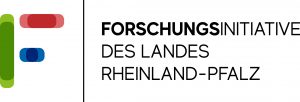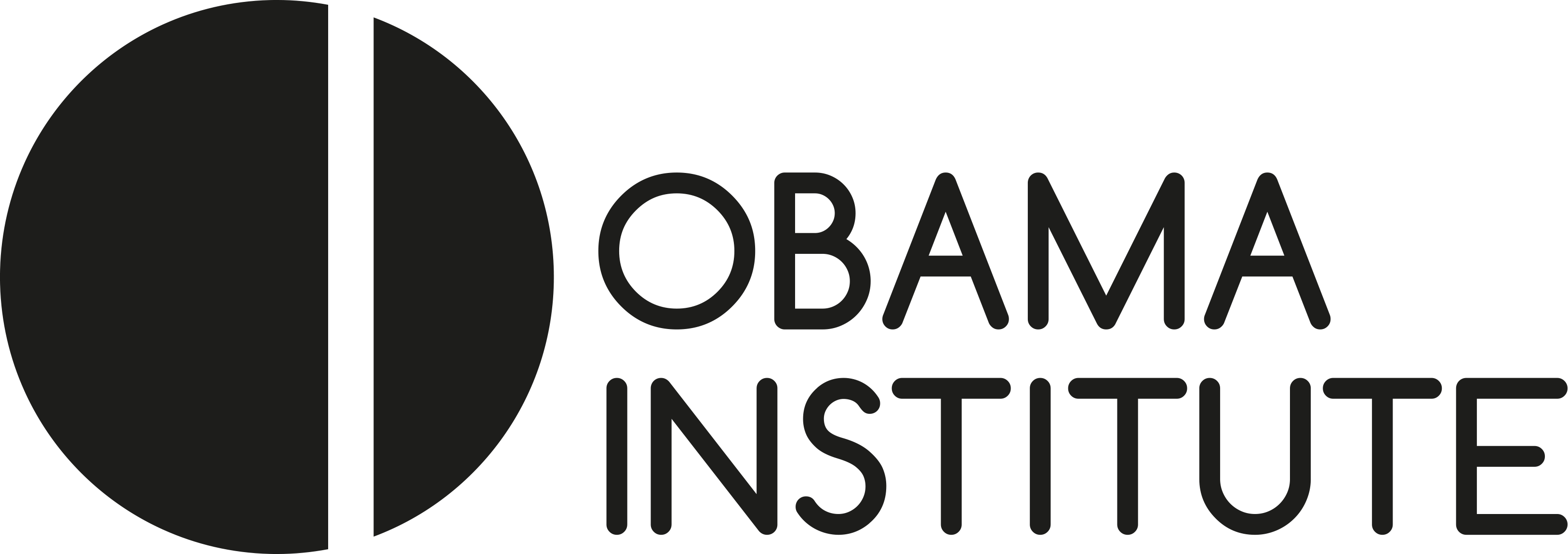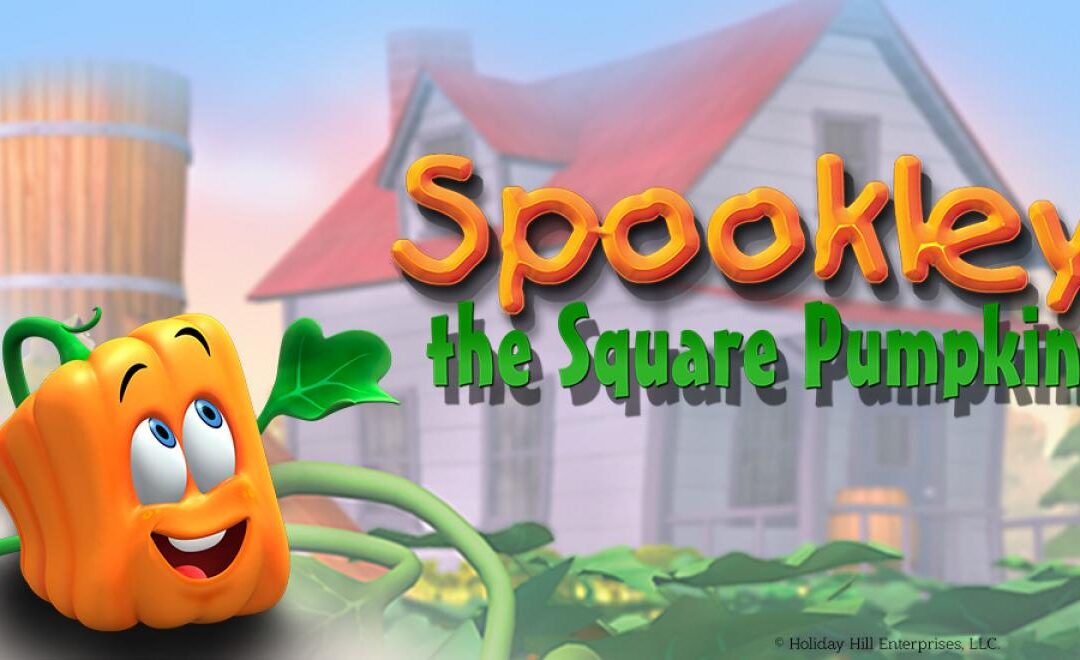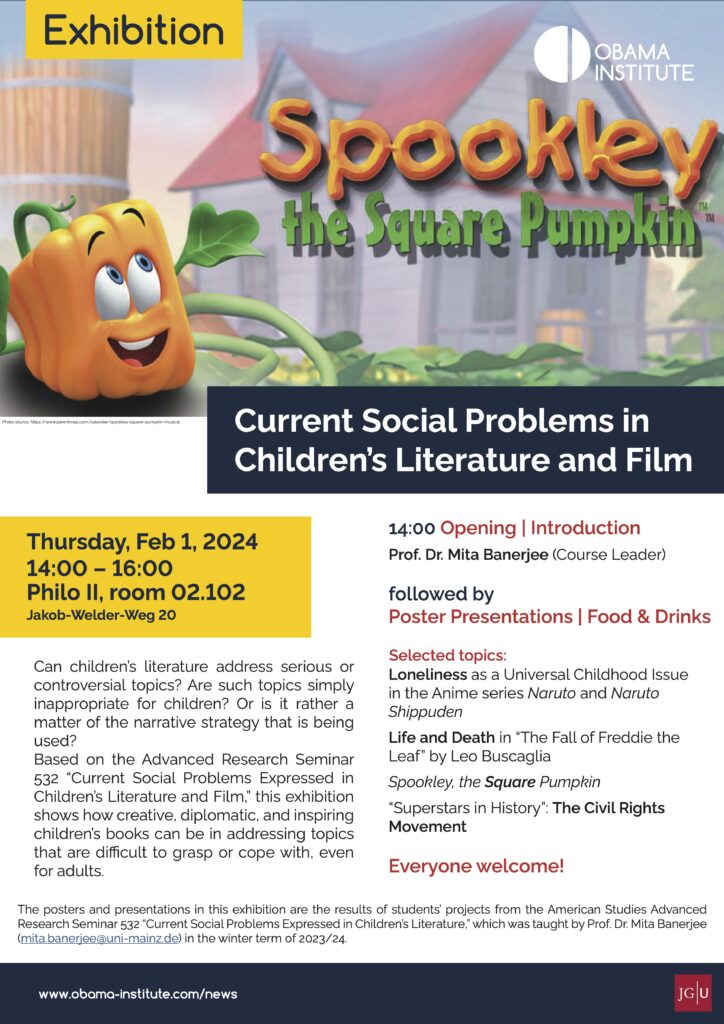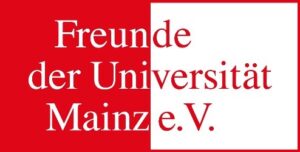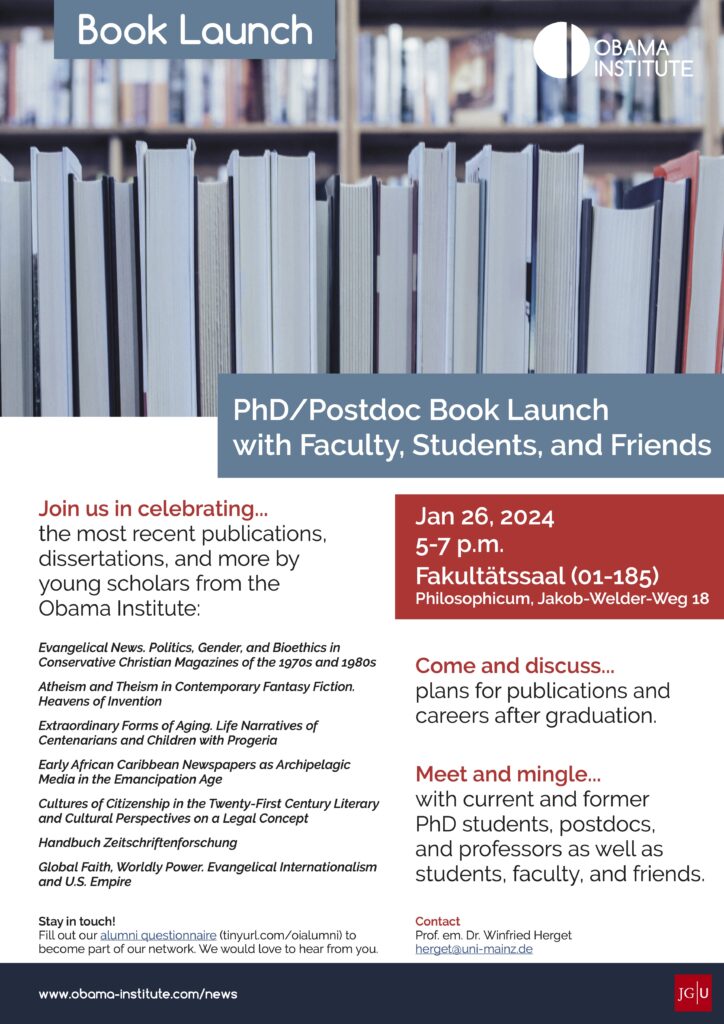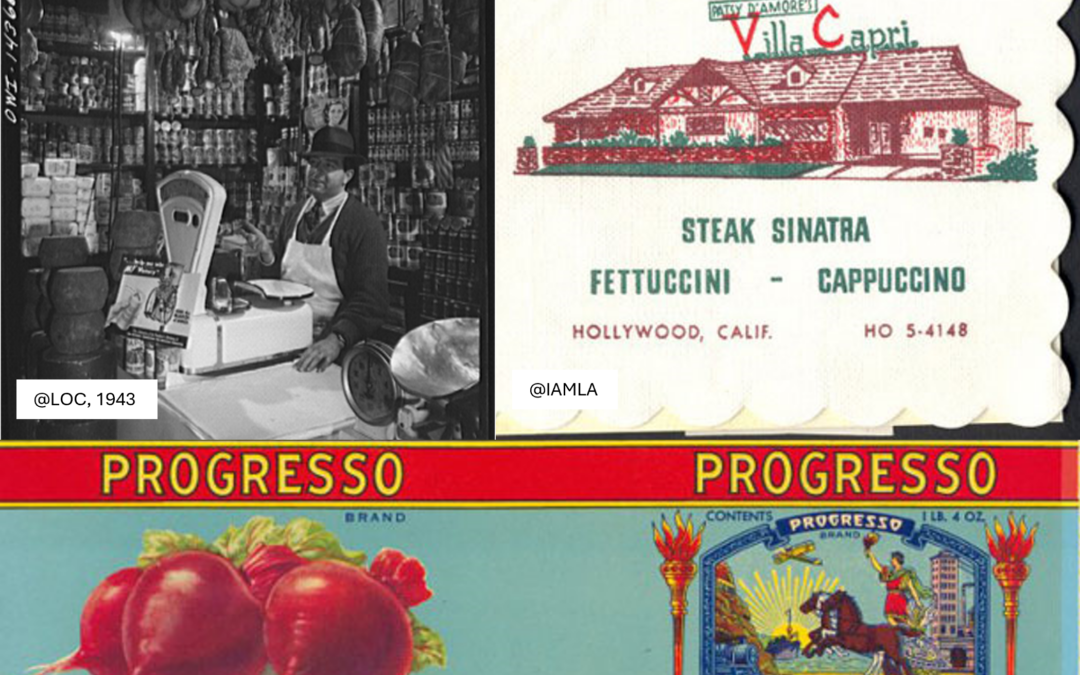
June 27-28 – Workshop: Migration and Consumption 🗓
Migration and Consumption
Workshop
Obama Institute for Transnational American Studies
CRC 1482 Studies in Human Differentiation
June 27-28, 2024
CRC Conference Room
Hegelstr. 59
Download the complete program here.
This workshop will bring together leading scholars in the fields of migration, political economy, and consumerism in United States history. Immigration debates and policies are an early domain in which both state administrative capacities and consumerist categories of human differentiation were generated, formalized, and institutionalized. Lizabeth Cohen (Harvard University) is an expert on postwar consumerism, and Rosanne Currarino (Queen’s University) has investigated labor questions and economic democracy during the Gilded Age. Katherine Benton-Cohen (Georgetown University) studied the Dillingham Commission’s role and legacy in categorizing and “inventing the immigrant problem,” while Joel Perlmann (Bard College) traced processes of classifying immigrants from Ellis Island to the 2020 Census. Jan Logemann (Georg-August-Universität) focused on the role of European émigrés in making consumer capitalism, while Atiba Perilla’s (German Historical Institute) new project asks how immigrants used money in the time period from 1870 to 1930. We invite workshop participants to engage these scholars in a critical discussion on their key texts.
Registration:
To participate in the workshop, please sign up with Anja-Maria Bassimir via e-mail: bassimir@uni-mainz.de
Organizers:
Prof. Dr. Axel Schäfer (a.schaefer@uni-mainz.de)
Dr. Anja-Maria Bassimir (bassimir@uni-mainz.de)
Collaborative Research Center (CRC) Studies in Human Differentiation, project B-06: “Migration and Welfare States in the USA: Global and National Dynamics in Bureaucratic Human Differentiation”
The organizers would like to thank the following organizations for their support:

